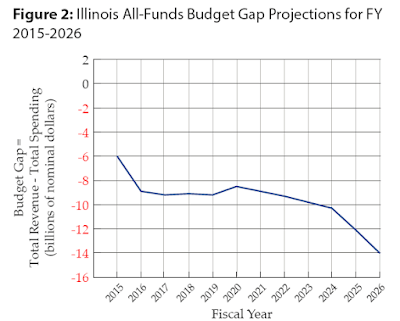Content
Accrued Expenses − These are the expenses a business spends but not yet covered by revenue. If a company has made a purchase but has not yet paid the vendor, the money owed to the vendor is considered a liability and is recorded in an account for accrued costs. Accrued earnings are reduced once the payment has been made. Part IRemember that JJ’s Lawn Care purchased a truck for $15,000 on May 1st. The truck has an estimated useful life of five years, or 60 months.
- At the end of the year, or any time before financial statements are prepared, accountants have to make certain adjustments to the books to make sure that all revenues and expenses are correctly recorded and reported.
- In this accounting system, however, we expense them when we get around to it, which is just before we create the financial statements.
- For a buyer, expenses for a product are accounted for when the product is used.
- It also helps company owners and managers measure and analyze operations and understand financial obligations and revenues.
- For example, if you pay $6,000 for six months of rent upfront, you put the $6,000 into a deferred expense account and debit the account $1,000 each month for six months.
- SaaS businesses sell pre-paid subscriptions with services that are rendered over time and hence require the use of the accrual basis of accounting.
Accruals and deferrals are essential concepts in accrual accounting related to the timing discrepancies between the unearned revenue and the delivery of the product or service. A deferral refers to an amount paid or received that cannot be reported on the income statement. It arises when an entity makes a payment for goods or services in advance of receiving them. Deferrals help reconcile timing differences between cash flow and the income statement. A hypothetical example helps illustrate this point and how deferrals work, in general.
Accrual vs. deferral in accounting: A guide for businesses
We know that light bulbs may last through several accounting periods. It is not cost beneficial to record the bulbs as assets and allocate a portion of their cost to each month of operation. We normally expense the cost of these and similar items as they are incurred. Accrued revenue is entered into an accounting journal once the revenue is earned regardless of whether a business has received the physical cash. For instance, if your business performs a service for a client, you have earned the revenue for that service.

A property owner receives the annual rent for a future fiscal period in advance. The capital in the cash account and the liability account will increase at the time of the payment. It will slowly be recognized as earned revenue so that eventually, by the end of the year, the liability account will be empty.
Example – Deferred Expense
Deferred expenses are expenses paid to a third party for products or services, but that won’t be recorded until after the products or services have been delivered. Accrued revenue is a payment owed to a company for a product or service that is recognized on an income statement but has not yet been received. For example, if a company expects an interest payment on a loan to be processed at a later date, the loan payment may be listed as accrued revenue or unearned revenue on an income statement for the current period of accounting. In order for revenues and expenses to be reported in the time period in which they are earned or incurred, adjusting entries must be made at the end of the accounting period.
This means consulting services provided in June of one fiscal year are invoiced after that year’s fiscal close and post in July of the next fiscal year. Used when goods or services are provided to a customer in the current fiscal year but are not billed accrual vs deferral accounting for until the following fiscal year. Must include the date the goods/services were received, vendor name, purchase order number or invoice number and an adequate explanation. If an estimate is used, include the calculation method in the explanation.
What is the difference between accrual and deferral accounting?
Accruals occur when the exchange of cash follows the delivery of goods or services (accrued expense & accounts receivable). Deferrals occur when the exchange of cash precedes the delivery of goods and services (prepaid expense & deferred revenue).